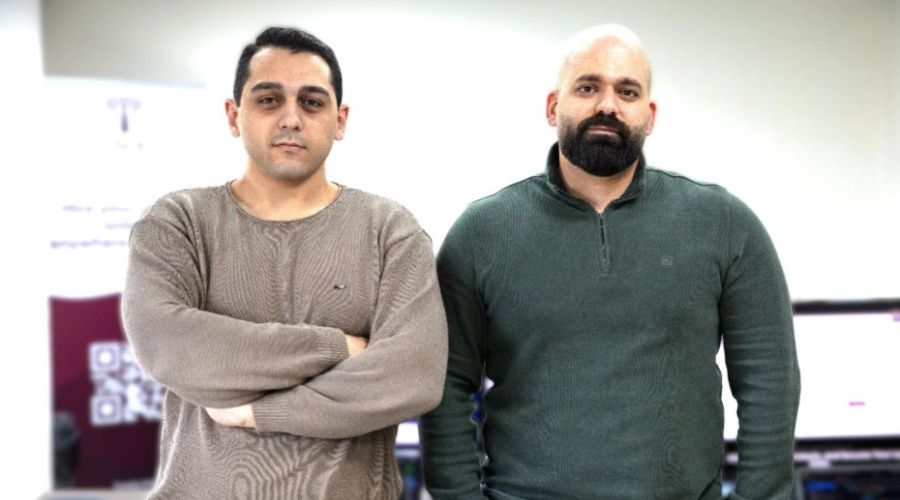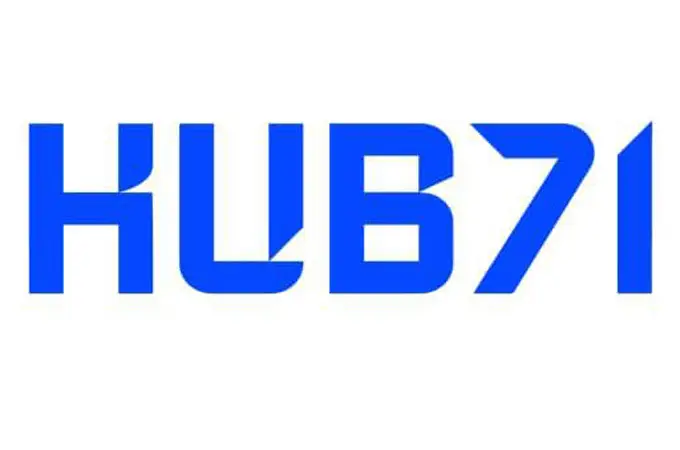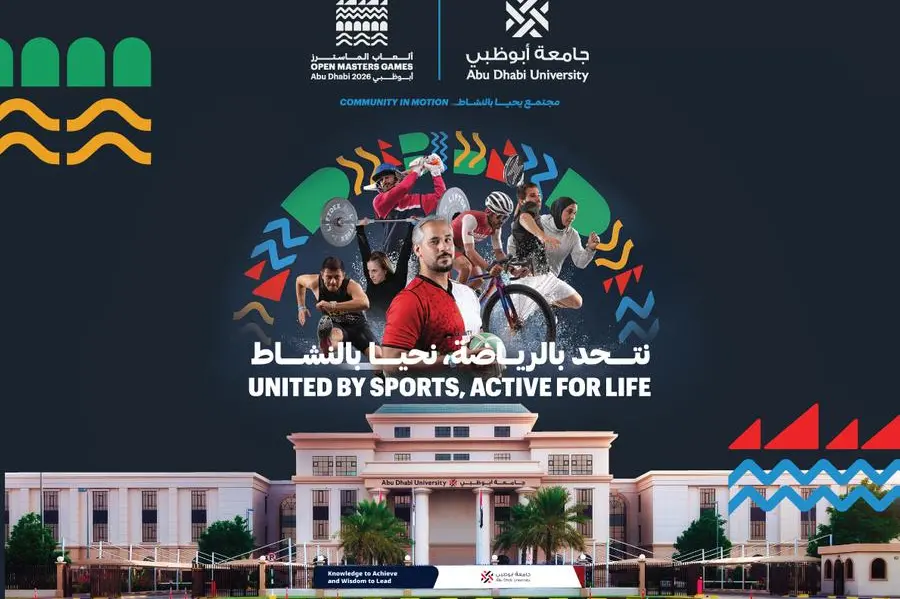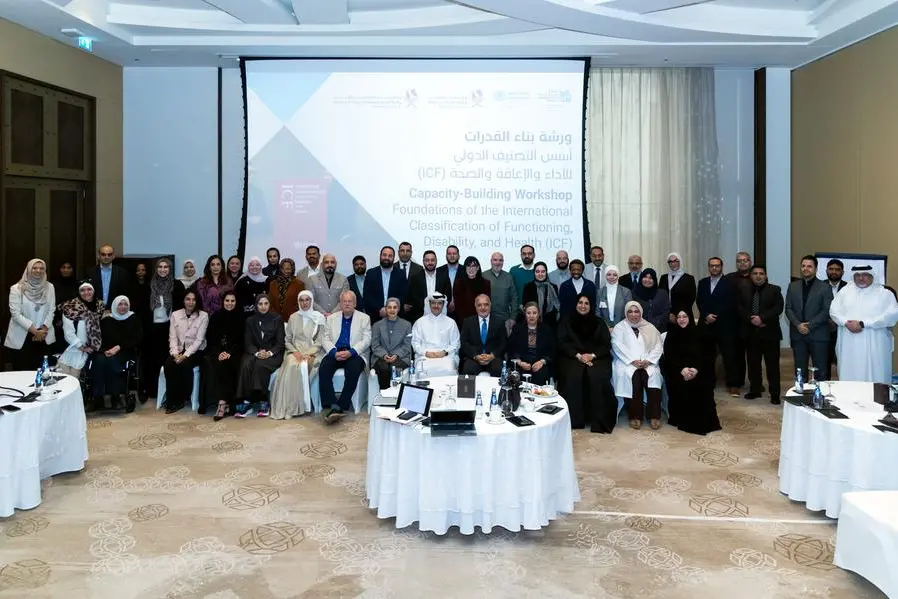A recent study by the African Development Bank and Deloitte highlights that Morocco is a regional leader in female entrepreneurship, though significant challenges related to financing and organizational structure persist. The report identifies key opportunities for the Kingdom to solidify its position as a leader in women’s economic inclusion.
By the Numbers
The study, which surveyed 16 African nations, provides key insights into the landscape for female entrepreneurs in North Africa:
- 31%: The success rate for women-led businesses obtaining financing in North Africa, a significant hurdle to growth.
- 89.9%: Morocco’s internet penetration rate, providing a crucial advantage for digital access and e-commerce.
- 100 SMEs: The number of Moroccan women-led small and medium-sized enterprises included in the comprehensive study.
A Landscape of Opportunity and Obstacles
While Morocco stands out for its supportive business climate and advanced infrastructure, the study reveals that women’s business associations often suffer from fragmentation and weak internal structures. The primary challenges identified across the region are a lack of financial support and inadequate access to modern technological tools, which can hinder the growth and scalability of women-led enterprises.
Despite these hurdles, the report emphasizes Morocco’s immense potential, thanks to its well-developed energy and telecommunications infrastructure, which creates a fertile ground for business growth.
Bridging the Skills Gap with ‘SheLearn’
In a proactive move to address these challenges, the Association of Women Entrepreneurs of Morocco (AFEM) has launched an innovative platform called SheLearn. This free training and advisory platform offers courses in entrepreneurship and management, specifically targeting women-led SMEs across the country. The initiative aims to directly tackle the skills gap, empowering female entrepreneurs with the capabilities needed to strengthen their businesses and contribute more significantly to the national economy.
A Strategic Roadmap for Empowerment
The study proposes a comprehensive program to overcome the structural barriers facing women entrepreneurs. It is built on five key strategic pillars:
- Strengthening Organization and Governance: Improving the internal structure of women’s business associations.
- Enhancing Access to Finance: Creating clearer pathways to securing funding.
- Boosting Association Capacity: Building the capabilities of the associations themselves.
- Improving Professional Skills: Supporting entrepreneurs in developing their managerial and professional talents.
- Providing Advisory Services: Offering dedicated consulting and advocacy for women’s projects.
Looking Ahead: Cementing Regional Leadership
The report concludes that Morocco is well-positioned to continue enhancing its status as a regional leader in the economic inclusion of women. By investing in the development of women’s business associations and ensuring access to financing, Morocco can leverage its advanced infrastructure to unlock the full potential of its female entrepreneurs. This strategic focus will not only boost the national economy but also promote sustainable and balanced development for all segments of society.
Source: i3lamtv














